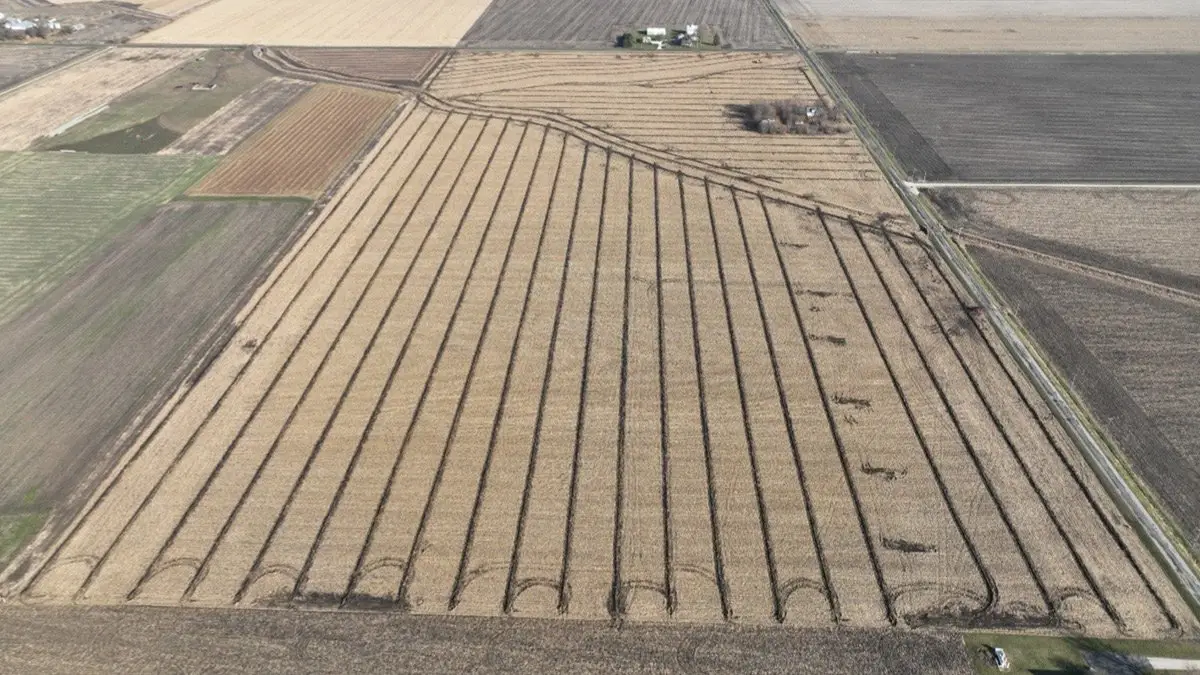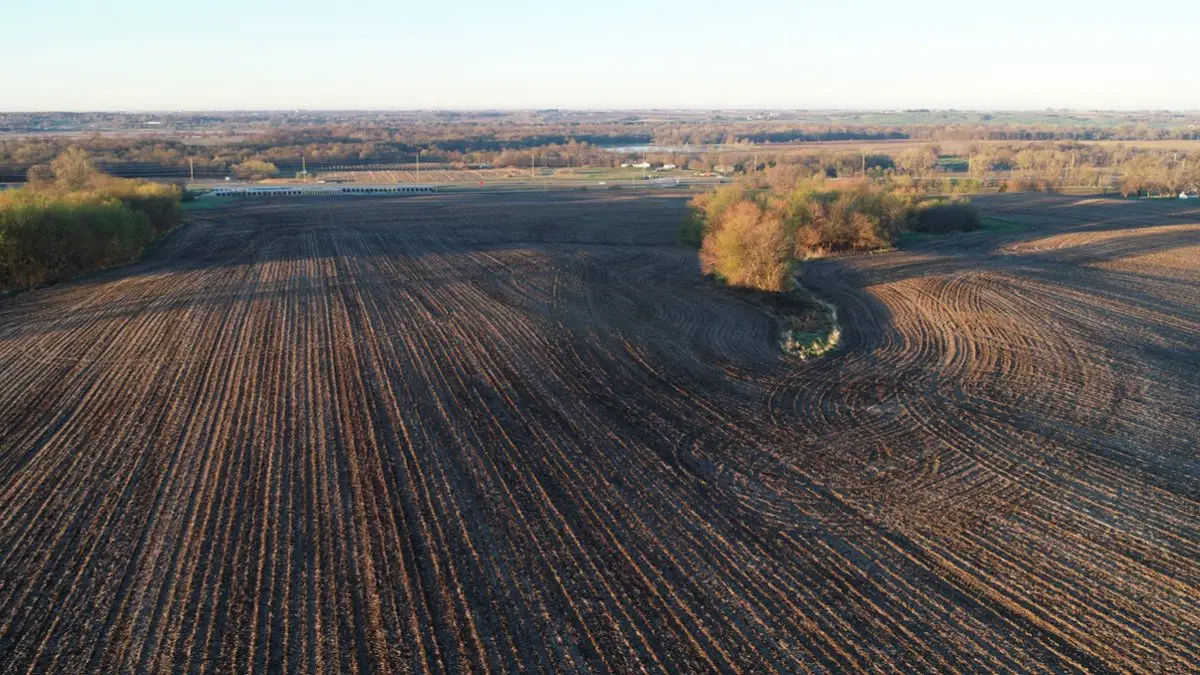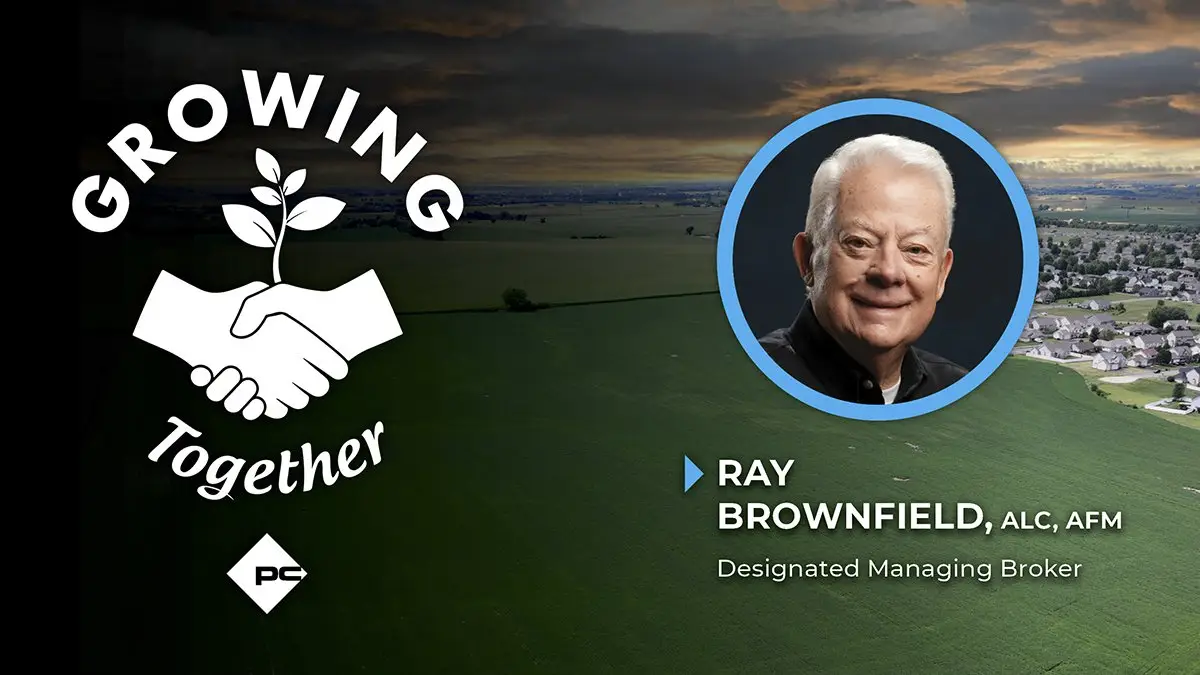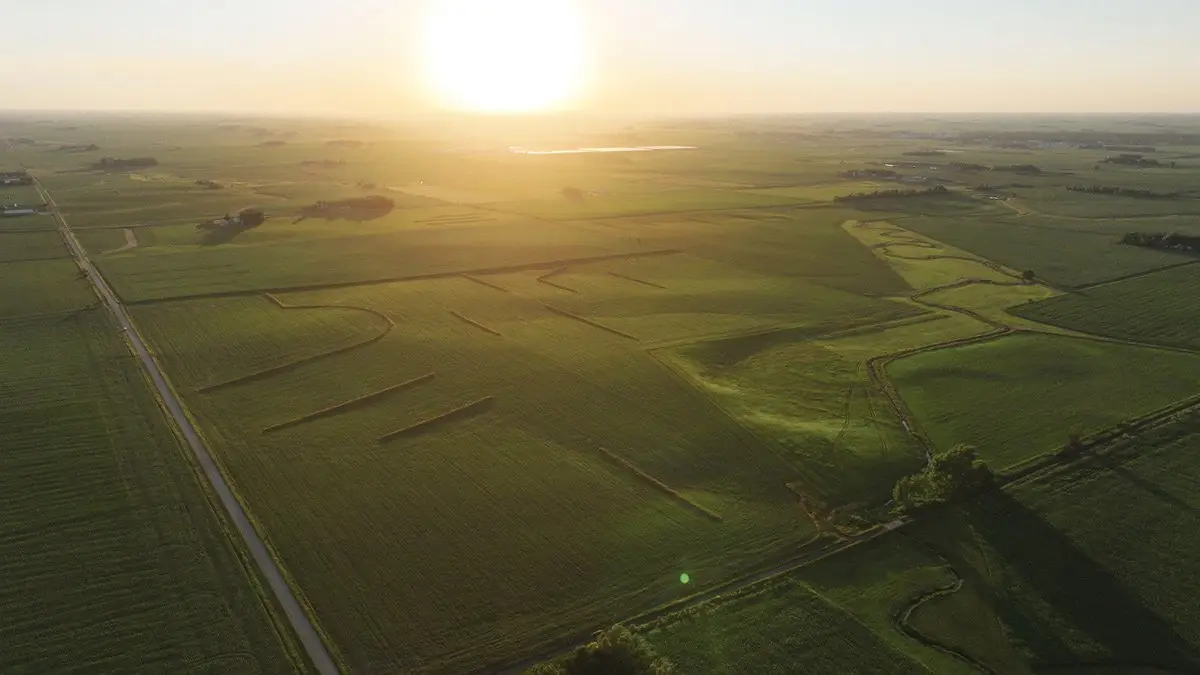Organic agriculture is nothing new on U.S. soils, but shifting consumer trends and suppressed conventional commodity markets have farmers and landowners exploring additional ways to increase profit and diversify farm revenue streams.
Peoples Company land managers have followed the trend in organics and have the skills to manage organic assets throughout the United States. Currently, Peoples Company manages certified organic acres throughout the country, ranging from Iowa and Minnesota, to the Arkansas Delta and up to the Pacific Northwest. While these areas and respective crop types are diverse, the goal remains the same: increase landowner and operator returns while producing food in a sustainable manner to achieve a premium in the market.
This year, Peoples Company began working with mAgma™, a digital farmland investment platform that allows individuals to invest in fractional shares of farmland. The first offering through this platform is a 70-acre farm located in Madison County, Iowa. Peoples Company was hired to direct operate and manage the asset, making all crop decisions and overseeing the organic certification process. The farm is operated organically to increase investor returns with an eye on sustainability.
The farm had been enrolled in the Conservation Reserve Program (CRP) for the past ten years, allowing it to transition directly into USDA Certified Organic compliance. After acquisition in early 2020, Peoples Company initiated the organic certification process, improved drainage, and cleared land to seed the farm’s first crop in over ten years.
Early spring saw the burning of the remaining CRP grasses and several tillage passes. CRP limited the weed bank over the contract period and allowed organic soybeans to be planted in narrow rows, something not typically seen in organic production. Additional tillage passes after planting included multiple passes with a high speed, minimal disturbance rotary hoe. The narrow rows canopied quickly, blocking sunlight between the rows to help prevent weed growth.
As the summer progressed, weeds began to poke through, and certain weeds quickly grew taller than the soybeans. Considering available options for weed control, it was decided that the “Weed Zapper” was the most logical approach to killing invasive weeds.
The “Weed Zapper” is a tractor-mounted unit that emits electricity through brass to literally “zap” weeds, sending a deadly jolt of electricity all the way down to the roots. This machine is produced by Old School Manufacturing of Sedalia, Missouri, and is used in both organic and conventional crops as a form of weed control, delivering 15,000 volts of electricity to anything it touches.
The Zapper was leased for two weeks directly from the manufacturer. The 15-foot wide unit is mounted via 3 point hitch on the back of a 180 horsepower tractor, and the power take off (PTO) of the tractor connects to the generator on the Zapper to generate the power needed to electrify the brass bar located on the back of the unit.
When operating, a large brass bar on the back of the unit rides slightly above the crop canopy and comes in contact with weeds standing above the soybeans. Upon contact, the weeds are electrified, obliterating cell walls. The Zapper kills everything it touches, so it must be positioned higher than the crop. It does not control weeds below the canopy.
With the 15-foot operating width and a ground speed around 2.5 mph, the machine averaged roughly five acres per hour. Due to the narrow rows, soybeans in the wheel tracks were run over and destroyed, but overall, the gain in weed control outweighed the loss in soybeans.
The field was covered once with the Zapper controlling giant ragweed, water hemp, velvet leaf, and foxtail, all growing above the soybean canopy. The Zapper made short work of the grasses, but the larger, more vegetative species were harder. Multiple passes throughout the growing season and earlier timing may have provided better control.
Peoples Company land managers are adapting their management approach to better serve diverse crop production systems and meet the needs of all landowners, regardless of production methods.
To learn more about Peoples Company land management, direct operation, or the mAgma™ offering, visit PeoplesCompany.com or contact a land manager today.







